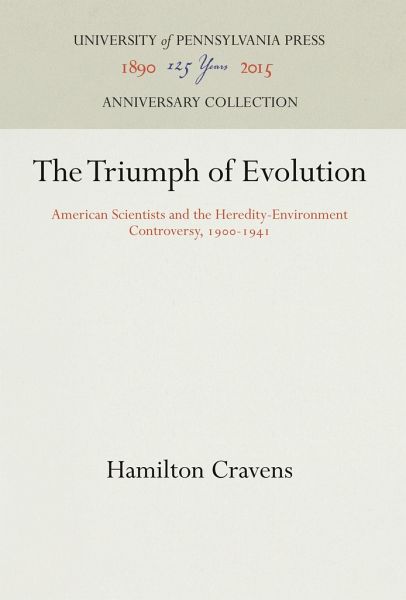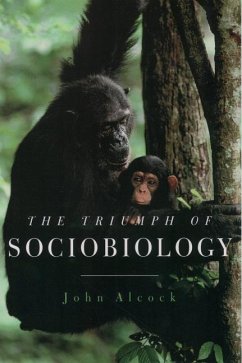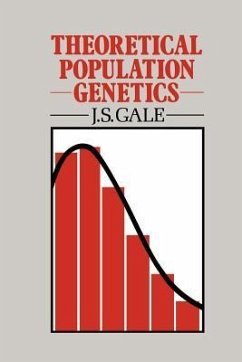
The Triumph of Evolution
American Scientists and the Heredity-Environment Controversy, 1900-1941
Versandkostenfrei!
Versandfertig in über 4 Wochen
98,99 €
inkl. MwSt.

PAYBACK Punkte
49 °P sammeln!
Hamilton Cravens challenges widespread belief to argue that the impact of evolutionary ideas on American culture and science has been greater since the collapse of Social Darwinism. he portrays a new generation of American scientists whose pioneering work led to the bitterly debated heredity-environment controversy in the 1920s and then, in the '30s, to a "synthetic" theory of the way heredity and environment together have shaped human nature and culture. The resolution of this issue seemed to hold an exhilarating promise. If scientists could explain--and even predict--human behavior, they mig...
Hamilton Cravens challenges widespread belief to argue that the impact of evolutionary ideas on American culture and science has been greater since the collapse of Social Darwinism. he portrays a new generation of American scientists whose pioneering work led to the bitterly debated heredity-environment controversy in the 1920s and then, in the '30s, to a "synthetic" theory of the way heredity and environment together have shaped human nature and culture. The resolution of this issue seemed to hold an exhilarating promise. If scientists could explain--and even predict--human behavior, they might help restore social control and stability in an age of domestic ferment and international turmoil. The Triumph of Evolution is the first scholarly history of one of the most significant scientific controversies of the twentieth century.













